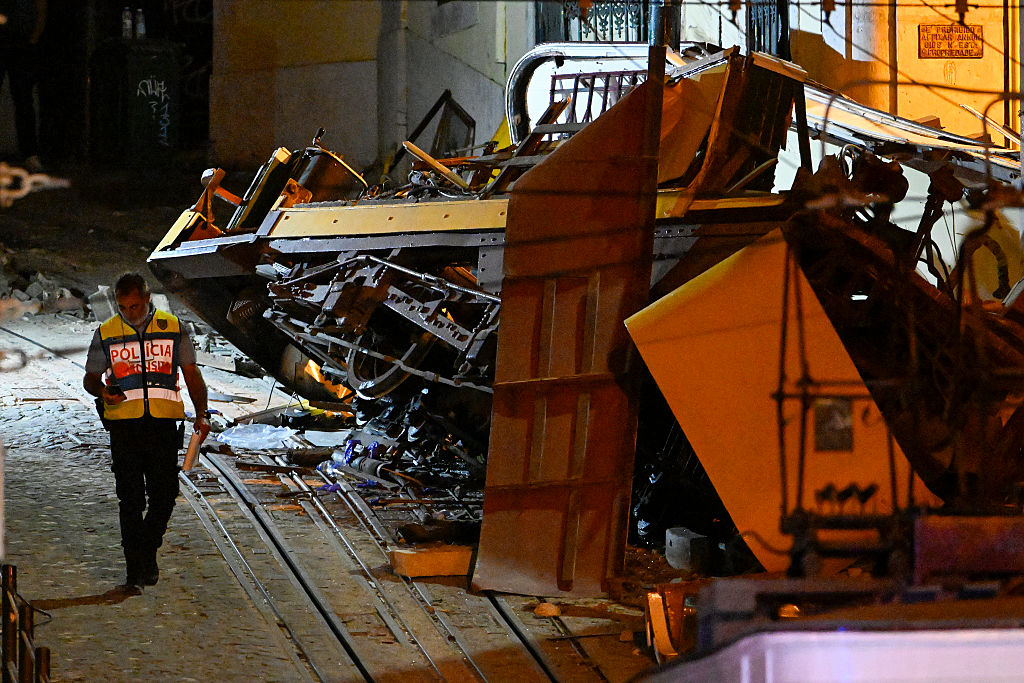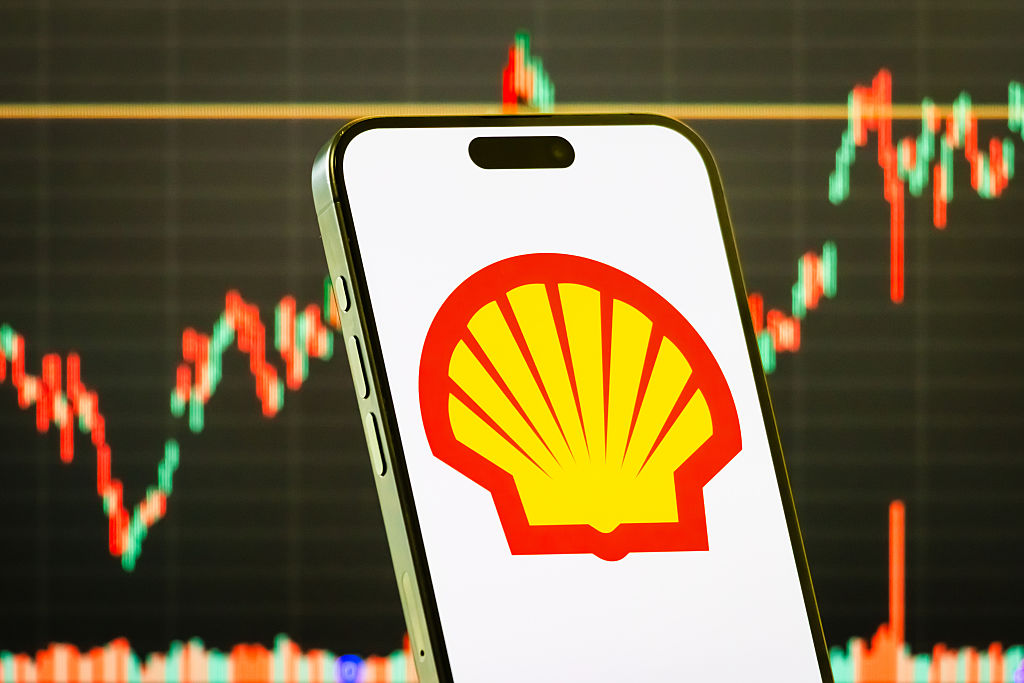More than two dozen countries have pledged to join a force to deploy in Ukraine after any eventual peace deal with Russia, aiming to deter Moscow from again attacking its neighbour.
A “reassurance force” for Ukraine is a key pillar of the security guarantees a coalition of mainly European countries want to offer to Ukraine if the war ends via a peace deal or a ceasefire.
There is also growing concern that Russian President Vladimir Putin is now showing no interest in a peace accord, with alarm intensifying after his high-profile visit to Beijing.
And the extent of any US involvement in any eventual security backstop remains uncertain, even after European leaders spoke to US President Donald Trump via video conference following yesterday’s summit in Paris of the so-called “coalition of the willing”, according to AFP.
Trump recently indicated that US backing could “probably” come in the form of air support. Ukraine President Volodymyr Zelensky said he had spoken to the US President about “maximum protection for Ukraine’s skies”, the BBC reported.
Hopes of a deal to end the fighting, though, have dimmed since Putin met Trump in Alaska in August.
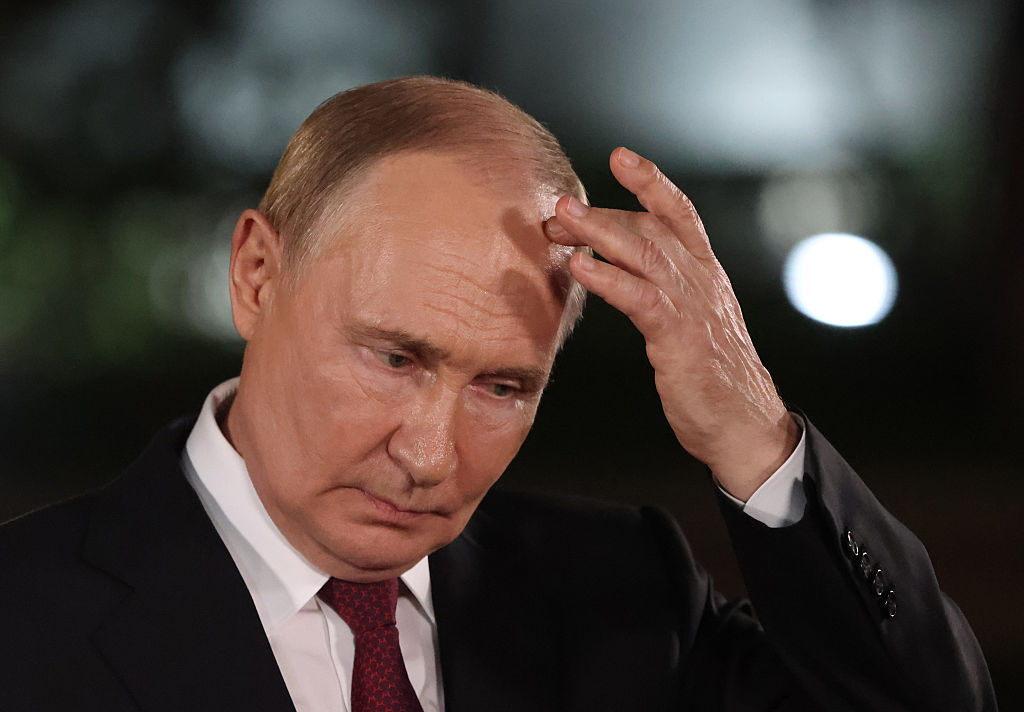
Trump said the European Union should work with the US to halt imports of Russian oil and gas, to halt Russia’s “war machine by economic means”, according to an account of the phone-call from Finnish President Alexander Stubb.
The EU has set a target of ending all gas and oil imports by the end of 2027. A White House official pointed out that Russia had received €1.1bn in fuel sales from the bloc in one year, although the true figure is likely far higher, experts believe.
UK Prime Minister Keir Starmer said western allies now had an “unbreakable pledge” to Ukraine, backed by the US, and had to press Russia to end the war, according to a Downing Street spokeswoman.
The meeting yesterday was hosted by French President Emmanuel Macron and attended by Zelensky, while others, including Starmer, participated remotely.
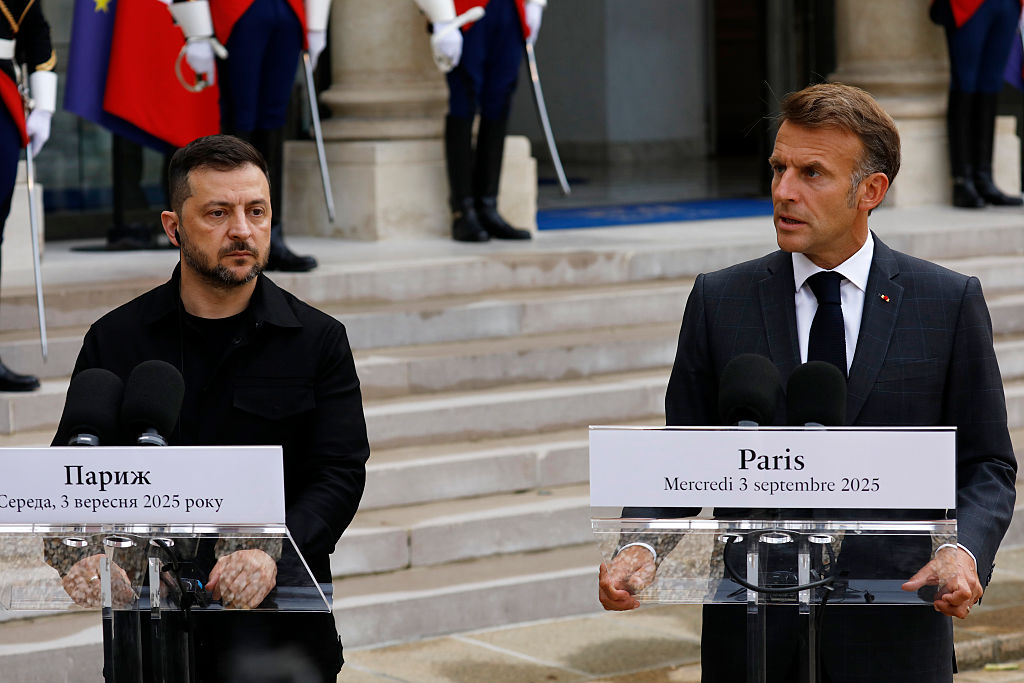
It represented a new push led by Macron to show that Europe can act independently of Washington after Trump upended US foreign policy and launched direct talks with Putin after returning to the White House.
The US was represented by Trump’s special envoy Steve Witkoff, who also met with Zelensky separately.
Moscow has made clear that no western forces should be deployed to Ukraine and has insisted that it should be one of the countries acting as “guarantors” – an idea rejected by Kyiv and its allies.
Meanwhile, Russia was continuing to send troops into Ukraine despite the latest attempts to set ceasefire talks, Macron complained.
Putin, speaking on September 3 in Beijing where he attended a major military parade alongside Chinese President Xi Jinping, hailed his forces’ progress in Ukraine, adding that Russian troops were advancing on “all fronts”.
In the most recent Russian violence, a strike on a village in Ukraine’s Kharkiv region killed three people late yesterday while two people clearing mines were killed in an attack in northern Ukraine earlier the same day, the BBC said.
Europe has been under pressure to step up its response more than three-and-a-half years after Russia launched its full-scale invasion in February 2022.
“We have today 26 countries who have formally committed – some others have not yet taken a position – to deploy as a ‘reassurance force’ troops in Ukraine, or be present on the ground, in the sea, or in the air,” Macron told reporters, standing alongside Zelensky.
Zelensky hailed the move. “I think that today, for the first time in a long time, this is the first such serious concrete step,” he said.
The troops would not be deployed “on the front line” but aim to “prevent any new major aggression”, the French President said.
Macron added that another major pillar was a “regeneration” of the Ukrainian army so that it can “not just resist a new attack but dissuade Russia from a new aggression”.
He said the US was being “very clear” about its willingness to participate in security guarantees for Ukraine.
Australia, New Zealand, Canada and Japan have also been part of the “coalition of the willing” talks. Australian broadcaster ABC reported.
After the call, Australian Prime Minister Anthony Albanese tweeted that his country “stands with Ukraine in its fight against Russia’s illegal and immoral invasion” and with its partners would “keep working towards just and lasting peace”.
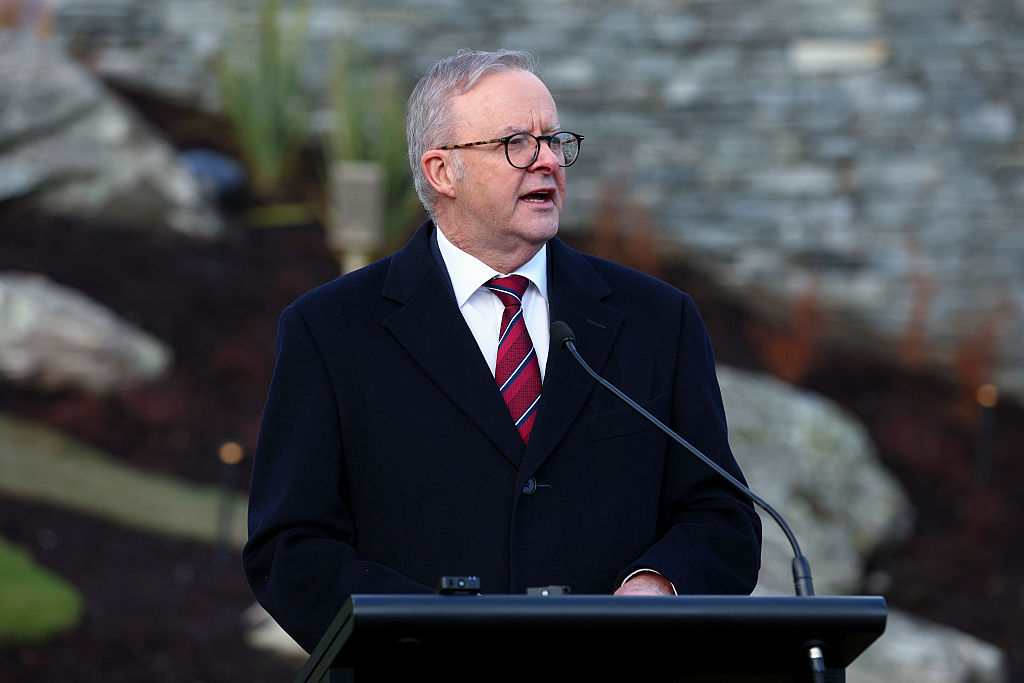
But his tweet did not outline any specific commitments to the reassurance force plan.
The US contribution remains unclear, too.
There are also divisions within the coalition, with German Chancellor Friedrich Merz urging more pressure but remaining cautious about the scope of involvement.
“Germany will decide on military involvement at the appropriate time once the framework conditions have been clarified,” a German government spokesman said after the summit, according to AFP.
Taking a similar line, Italian Prime Minister Giorgia Meloni reiterated that her country would not send troops to Ukraine but it could help monitor any potential peace deal, her office said.
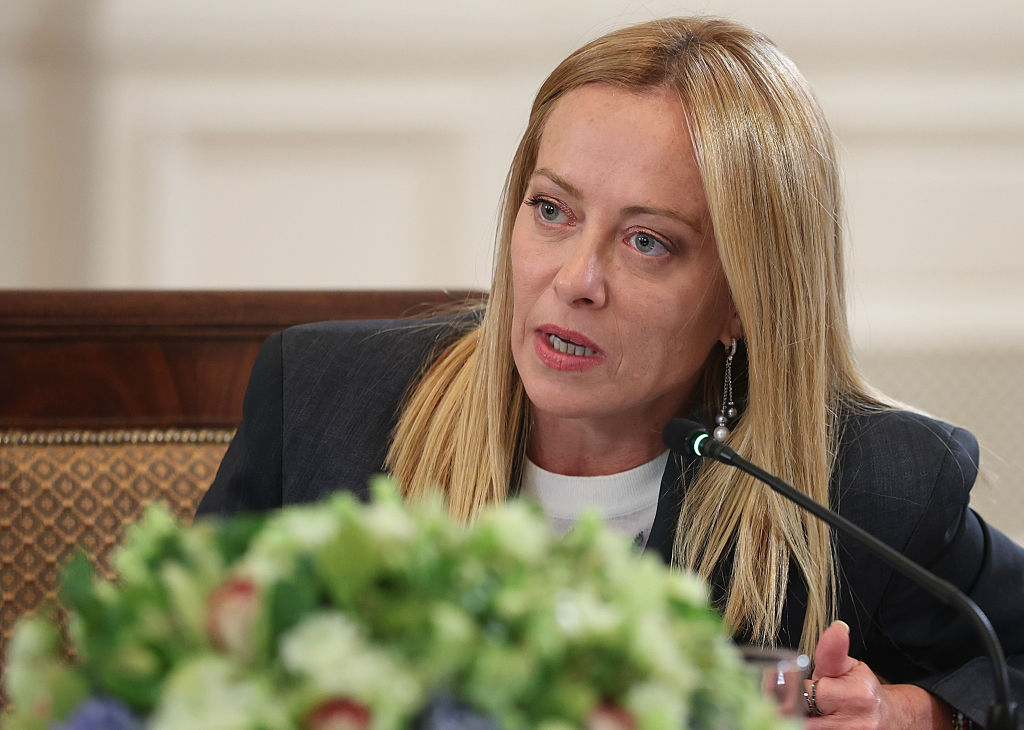
Before the Paris talks, Russian foreign ministry spokeswoman Maria Zakharova said Moscow would not agree to the deployment of foreign troops in Ukraine “in any format”.
Frustration has been building in the west over what leaders see as Putin’s unwillingness to strike a deal to end the conflict.
Zelensky said the call with Trump went over sanctions on Russia and protecting Ukraine’s airspace.
“We discussed different options and the most important is using strong measures, particularly economic ones, to force an end to the war,” Zelensky said on social media.
Macron warned that if Russia continued refusing a peace deal, then “additional sanctions” would be agreed in co-ordination with the US.
He accused Russia of “doing nothing other than try to play for time” and intensifying attacks against civilians.
NATO secretary general Mark Rutte warned against being “naive” about Russia as he said Moscow would remain a long-term threat, particularly given its increasingly close relations with the likes of China and North Korea, The Guardian reported.
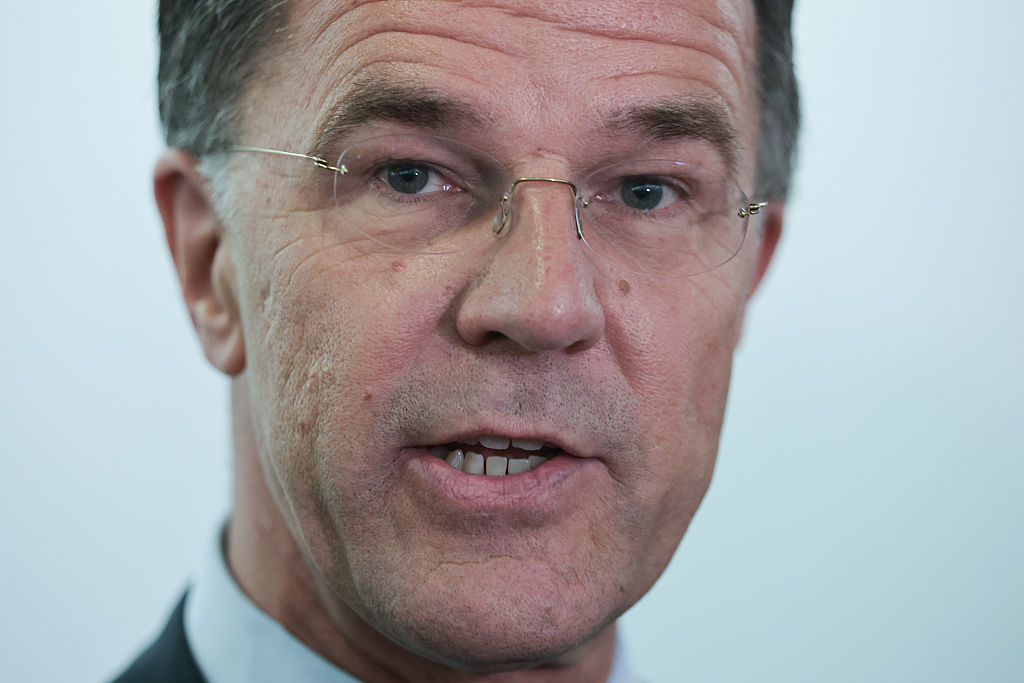
The US was said to be planning to end long-running military assistance for European countries close to Russia, as Trump’s administration pushes the continent to play a greater role in its own defence, various media reported yesterday.
The Washington Post quoted six people familiar with the matter as confirming the move, which the newspaper said would impact hundreds of millions of dollars in aid aimed at bolstering defences against Russia.
The Financial Times also reported the news, saying US officials informed European diplomats about Washington’s decision to halt funding for programmes to train and equip eastern European militaries along Russia’s border.
A White House official pointed to a January executive order by Trump on the re-evaluation of US foreign aid but did not confirm specifics of the decision to cut security assistance.
“This action has been co-ordinated with European countries in line with the executive order and the president’s longstanding emphasis on ensuring Europe takes more responsibility for its own defence,” the official said on condition of anonymity.

